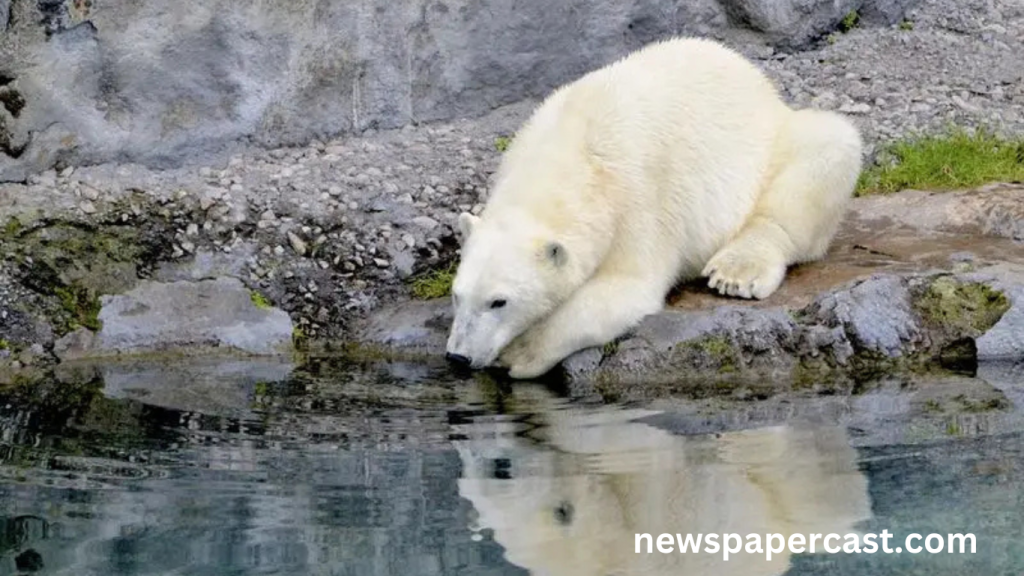The Mystery of Animal Suicide
The concept of suicide is often associated with human beings, but the idea that animals could commit suicide has intrigued researchers and animal lovers alike. Are animals capable of ending their own lives intentionally, or is there another explanation behind behaviors that appear self-destructive? This question has sparked debate across various scientific disciplines, with conflicting opinions and theories emerging over time.
Understanding Animal Behavior
To explore the possibility of suicide in animals, it’s essential to first understand how animals think and behave. Most animals operate primarily on instinct, responding to immediate threats or needs like food, shelter, and safety. Unlike humans, who experience complex emotions and self-reflection, animals typically lack the cognitive processes associated with deliberate, self-inflicted harm. However, this does not mean animals are free from distress or suffering.
The Role of Depression in Animals
One factor that often arises in discussions about animal suicide is depression. Just as humans can experience mental health conditions like depression, some animals, particularly those in captivity, may show signs of distress that could lead to destructive behavior. For example, many zoo animals exhibit signs of depression due to isolation, lack of stimulation, or unnatural living conditions. In these cases, animals may engage in repetitive or harmful behaviors that seem to reflect mental anguish.
Documented Cases of Self-Harm
Numerous documented instances of animals engaging in self-harming behaviors, such as dolphins, elephants, and dogs, exist. Dolphins, for example, have been observed swimming in ways that appear to suggest a form of self-inflicted harm, often rubbing their bodies against rocks or nets. Some elephants have been reported to exhibit destructive behavior, such as banging their heads against walls, particularly in situations of captivity where they experience frustration or boredom.
Read More : How Is Silk Made? The Ethical Dilemma of Its Origins
The Impact of Environmental Stress
Many behaviors that seem like suicides are likely responses to extreme environmental stress rather than intentional acts of self-destruction. For example, animals in the wild face various pressures such as hunger, injury, or predation. In captivity, however, the stress from unnatural confinement, lack of social interaction, or unsuitable conditions can cause emotional distress, which might manifest in behaviors that seem self-harming.
Evolutionary Perspective: Why It’s Unlikely
From an evolutionary standpoint, suicide is highly improbable in the animal kingdom. Natural selection favors behaviors that contribute to survival and reproduction. If an animal were to intentionally end its life, it would reduce its chances of passing on its genes. Most animal behaviors are geared towards survival, which makes the idea of suicide—an act that undermines survival—challenging to reconcile with the principles of evolution.
Animal Intuition and Self-Preservation
Animals are generally wired for survival. Their behaviors are shaped by an innate drive to preserve life and adapt to changing environments. Even in extreme conditions, most animals will try to find food, shelter, or ways to escape threats. This self-preserving instinct suggests that what might appear as suicidal tendencies could be driven by factors beyond a conscious desire to die.
The Humanization of Animal Behavior
Humans tend to project our emotions and experiences onto animals. We might interpret certain behaviors as indicative of a desire for death because we see parallels with our own experiences of despair or depression. However, these interpretations often overlook the different ways animals process stress and hardship. In many cases, behaviors that appear self-destructive may simply be an animal’s reaction to its circumstances, not an indication of suicidal intent.
The Debate: Is It Suicide or Something Else?
While there are compelling arguments on both sides of the debate, there is no definitive evidence to suggest that animals commit suicide in the way humans understand the concept. It’s essential to consider the broader context of an animal’s behavior, including its environment, social structure, and physiological state. Rather than focusing solely on the idea of suicide, researchers are increasingly looking at the complex relationships between animals and their surroundings, trying to understand how stress, captivity, and mental well-being influence behavior.
Frequently Asked Questions
Can animals intentionally commit suicide?
There is no definitive proof that animals intentionally end their lives, as most behaviors are survival-driven.
What causes animals to engage in self-harm?
Environmental stress, captivity, and boredom are common factors leading to behaviors that seem like self-harm.
Do animals experience depression?
Yes, animals, especially in captivity, can experience signs of depression, which can manifest in abnormal behaviors.
Are there documented cases of animal suicide?
While some animals exhibit self-harming behavior, it is often attributed to stress or mental distress, not intentional suicide.
Do animals understand the concept of death?
Most animals lack the cognitive ability to understand death as humans do, making intentional suicide unlikely.
Can captive animals die from emotional distress?
Yes, some animals in captivity show signs of emotional distress that could contribute to their health deteriorating.
Why do some animals exhibit repetitive behaviors?
Repetitive behaviors often result from stress, boredom, or frustration, especially in unnatural living conditions.
How does evolution relate to suicide in animals?
Evolution favors survival behaviors, so the act of suicide does not align with the natural survival instincts of animals.
Conclusion
The question of whether animals commit suicide remains unresolved. Most behaviors that appear suicidal are likely reactions to stress or captivity rather than intentional acts of self-destruction. Further research into animal mental health and behavior is needed to better understand these complex issues.

